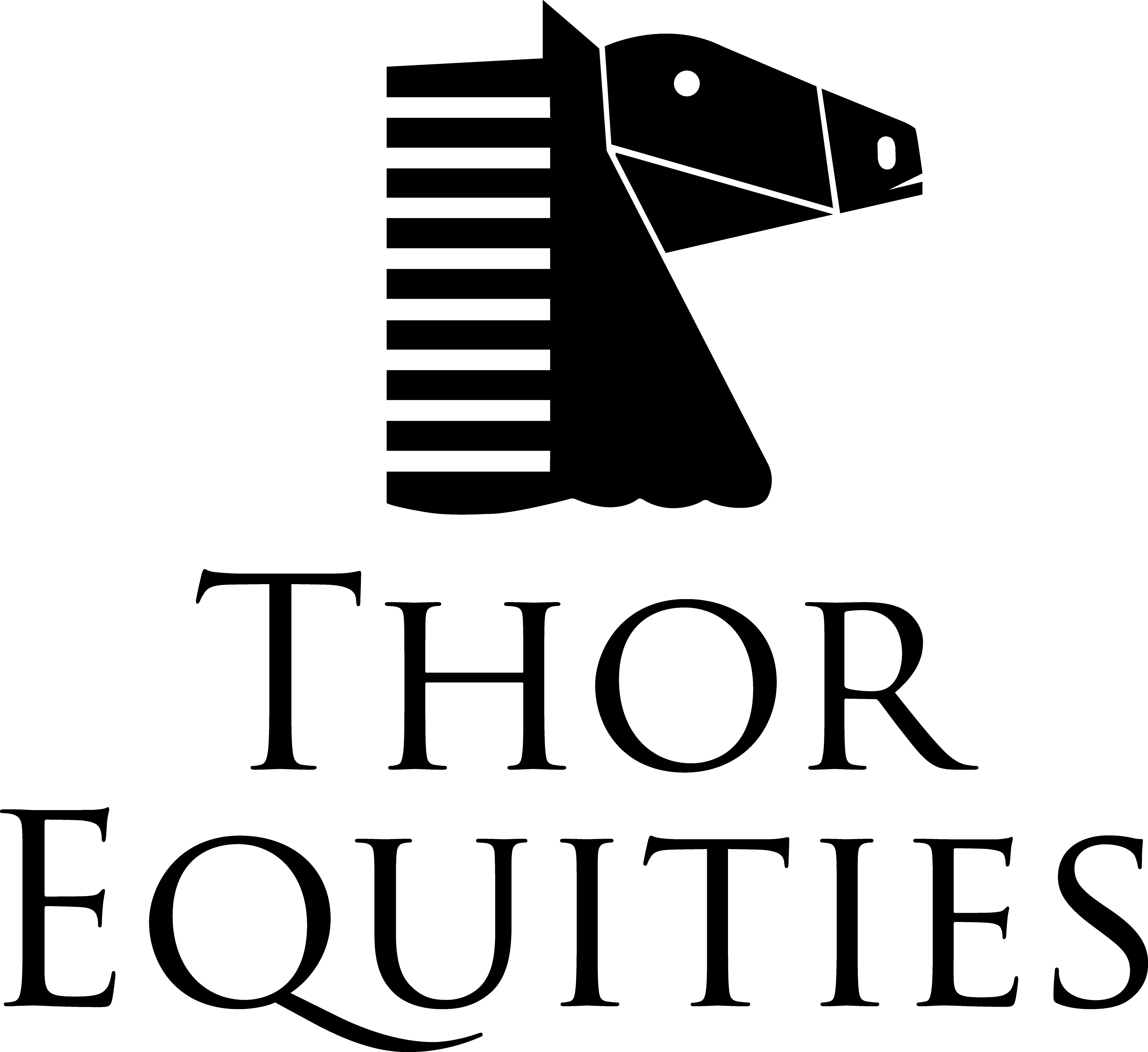Building Performance Standards
At F&D Partners, we specialize in guiding businesses through the intricate world of energy benchmarking compliance. Far beyond a mere regulatory obligation, energy benchmarking represents a strategic gateway to optimizing your building’s performance and unlocking substantial cost efficiencies. Drawing upon over a decade of proficiency in energy standards and compliance, F&D Partners ensures a seamless journey from assessment to execution.
Call us today
+1 (917) 754 - 3588
commercial Accounts
states We operate
Retention Rate
Let's get in touch
Building Performance Standards (BPS) function as regulatory frameworks aimed at reducing the carbon footprint of buildings by establishing specific targets for energy consumption and greenhouse gas emissions that existing structures are required to meet. When these standards are combined with building codes that pertain to new constructions or major renovations, they provide a holistic approach to managing building performance throughout their entire lifecycle. This integration enables local and state governments to effectively pursue their energy efficiency and carbon reduction goals within the building sector. The engineering team at F&D Partners will guide clients across United States in achieving compliance with BPS by conducting an ASHRAE II study on all mechanical systems and the building envelope, and by developing a long-term plan that includes recommended energy efficiency projects to assist clients in meeting BPS requirements. Additionally, F&D Partners will support clients in strategizing their project completion based on available local and federal incentives, return on investment for each initiative, and will handle the necessary documentation with the city or state to ensure ongoing compliance with BPS.
-
Denver (CO)
-
Denver (CO)
May 7, 2024Read MoreF&D Partners emerges as a prominent consulting firm, specializing in sustainability and energy efficiency and operating in several deregulated US states, Canada and Mexico, helping clients save up to 40% on their energy supply costs, while helping their buildings become more energy efficient and reduce
-
New York (NY)
-
New York (NY)
May 7, 2024Read MoreNew York's BPS, known as Local Law 97, affects buildings larger than 25,000 square feet. This law mandates that these buildings meet certain carbon emissions limits starting in 2024, with stricter limits coming into effect in 2030. The law applies to over 50,000 buildings in
-
Boston (MA)
-
Boston (MA)
May 7, 2024Read MoreF&D Partners emerges as a prominent consulting firm, specializing in sustainability and energy efficiency and operating in several deregulated US states, Canada and Mexico, helping clients save up to 40% on their energy supply costs, while helping their buildings become more energy efficient and reduce
-
Washington, D.C. (DC)
-
Washington, D.C. (DC)
August 23, 2024Read MoreThe Clean Energy DC Omnibus Act of 2018 includes the Building Energy Performance Standards (BEPS), which applies to buildings over 50,000 square feet, including commercial, multifamily residential, and government buildings. The law requires these buildings to meet or exceed the energy performance of a median
-
Colorado (CO)
-
Colorado (CO)
August 23, 2024Read MoreDenver has implemented the Energize Denver Ordinance, which sets performance standards for buildings over 25,000 square feet. The law requires buildings to reduce their energy use intensity (EUI) by specific percentages based on building type by 2030, with interim targets set for 2024 and 2027.
-
California (CA)
-
California (CA)
August 23, 2024Read MoreWhile California does not have a statewide BPS, several cities, including San Francisco and Los Angeles, have adopted their own standards. For example, San Francisco's Existing Commercial Buildings Ordinance requires commercial buildings over 10,000 square feet to benchmark and report their energy use annually and
-
Washington State (WA)
-
Washington State (WA)
August 23, 2024Read MoreWashington State’s Clean Buildings Act sets energy performance standards for commercial buildings over 50,000 square feet, which includes large multifamily residential buildings. The law requires these buildings to meet specific energy use intensity targets by 2026, with phased targets leading up to this date. Buildings
-
Massachusetts (MA)
-
Massachusetts (MA)
August 23, 2024Read MoreBoston's Building Emissions Reduction and Disclosure Ordinance (BERDO 2.0) applies to buildings over 20,000 square feet. The ordinance requires these buildings to report their energy use and meet carbon emissions limits that become progressively stricter starting in 2025. Non-compliance with the emissions limits can result
-
Maryland (MD)
-
Maryland (MD)
August 23, 2024Read MoreMontgomery County, Maryland, has implemented the Building Energy Performance Standards (BEPS), which apply to commercial and multifamily residential buildings over 25,000 square feet. The law requires these buildings to meet specific energy performance targets based on Energy Star scores or alternative metrics. Buildings that do
-
Philadelphia, Pennsylvania (PA)
-
Philadelphia, Pennsylvania (PA)
August 23, 2024Read MorePhiladelphia's Building Energy Performance Program (BEPP) affects non-residential buildings over 50,000 square feet. The law requires these buildings to either meet energy performance standards or conduct energy audits and retro-commissioning every five years. Non-compliance can result in fines, with penalties escalating for continued violations. Our
-
St. Louis, Missouri (MO)
-
St. Louis, Missouri (MO)
August 23, 2024Read MoreSt. Louis passed a BPS ordinance in 2020, making it the first in the Midwest to do so. The law applies to buildings over 50,000 square feet, including municipal, commercial, and multifamily residential buildings. These buildings must meet or exceed energy performance targets that are
-
Maine (ME)
-
Maine (ME)
August 23, 2024Read MoreMaine has adopted a performance-based code for new buildings and major renovations, which, while not a BPS, moves in a similar direction. The law sets specific energy performance standards that new construction must meet to obtain permits. While it does not impose fines, failure to
-
Austin, Texas (TX)
-
Austin, Texas (TX)
August 23, 2024Read MoreAustin's Energy Conservation Audit and Disclosure (ECAD) ordinance is a step towards BPS but focuses more on energy audits and transparency rather than strict performance standards. The ordinance applies to all commercial buildings over 10,000 square feet and requires energy audits and public disclosure of
-
Seattle, Washington (WA)
-
Seattle, Washington (WA)
August 23, 2024Read MoreIn addition to Washington State's Clean Buildings Act, Seattle has its own energy benchmarking and building tune-up requirements for commercial and multifamily residential buildings over 20,000 square feet. The city's ordinance requires regular energy benchmarking and periodic building tune-ups to improve performance. Non-compliance can result

















